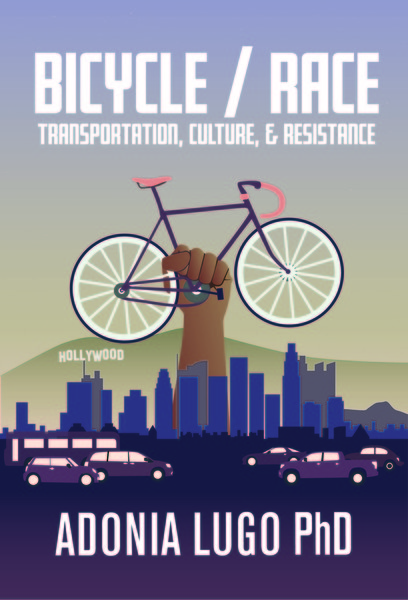Tonight we saw "(500) Days of Summer" (you know it takes itself seriously as an artistic statement cause of the parentheses. Pro tip!) at the Oriental Theater in Milwaukee. I had read A.O. Scott's review of the movie a while ago, and wanted to see it because it uses downtown LA as a setting that is lifestyle urban rather than post-apocalyptic. I had prepared myself for cloying indie cliches and an undeveloped (yet adorably quirky!) female lead. There was a lot of boring gendered crap, too, with the female lead being the only woman in the movie universe who didn't look like a trashy barfly, and the male lead's requisite dumb friends saying stupid shit about girls being stuck up bitches. Uh...huh. And there was lots and lots of LA, which Bobby and I gleefully recognized like an old friend had made it as a character actor after working for years as a peon in the industry.
But then, when the male lead is explaining LA's architectural worth to the female lead, he drops this little bomb: "The street isn't so exciting, but if you look up..." and then cue the car commercial as the camera pans up and the whimsical music plays. So basically if you overlook all the pesky humanoids who inhabit LA and just admire the few buildings that remain of its urban past, what is it that you're appreciating? A shell of a city? Cities are made of people. The thing is, that is such a typically architectural trope: the landscape would be so lovely if all the people were gone, or used it just right, or whatever.
I say, downtown LA is not best viewed swept clean of the bustling throngs that have converted so many old buildings into flea markets, small businesses, and churches. The Latino community that thrives in downtown LA defines the city so much more than beautiful but empty old buildings do.
The Hollywood representation machine does much to define the world for movie viewers, and it's nice that this movie shows an LA different from what so many others have thrown at audiences (dangerous, awful, hideous, full of sirens, volcanic). The male lead even rides a bus at one point, though it's mostly done as a contrast to "The Graduate"'s final bus scene. In the end, though, if you ignore the life that happens in Los Angeles you're just generating another simulacrum that will fool so many into believing it to be real. And hey, reality check, LA is a hell of a lot more than an architect's urban fantasy of a Mexican-free skyline. Thank goodness!

